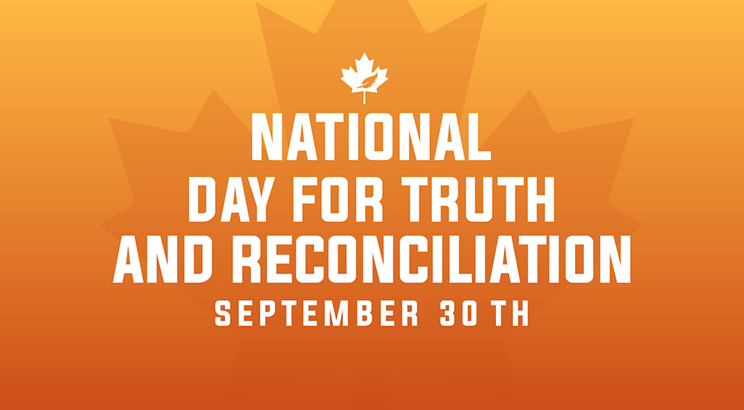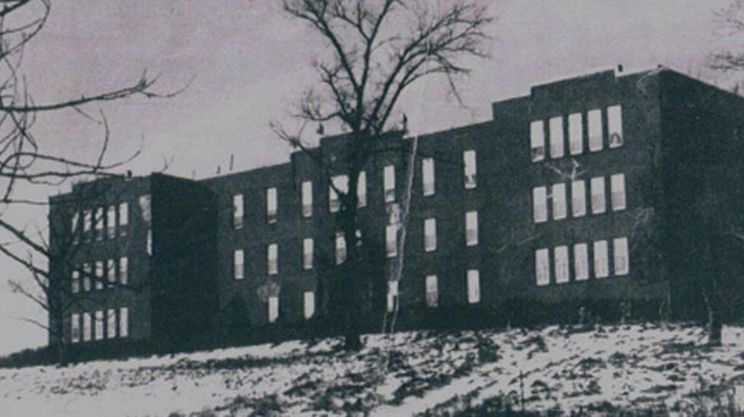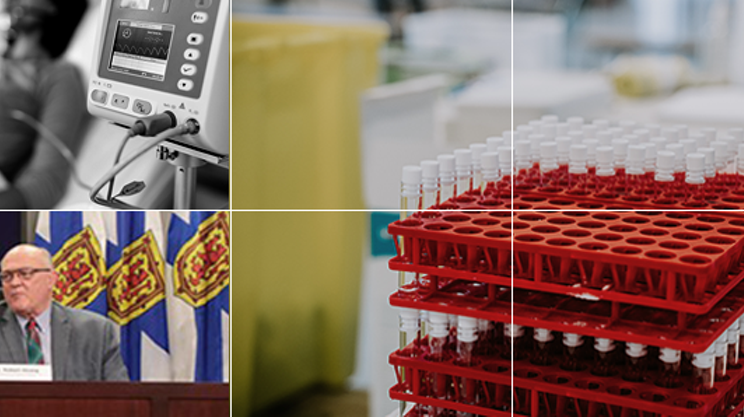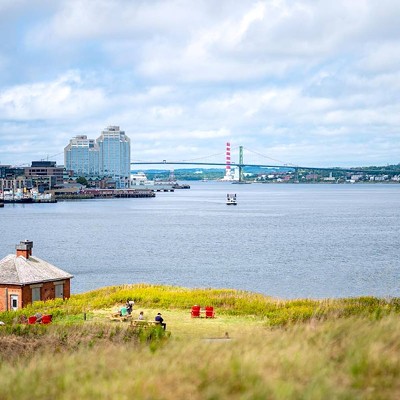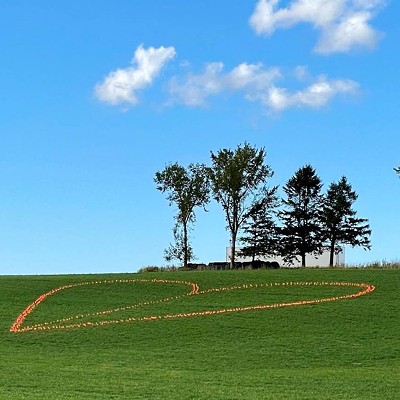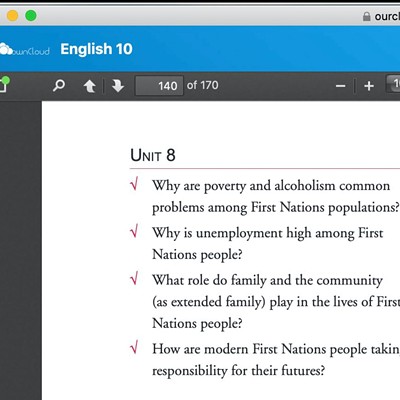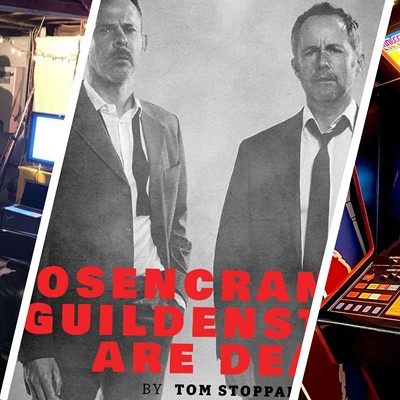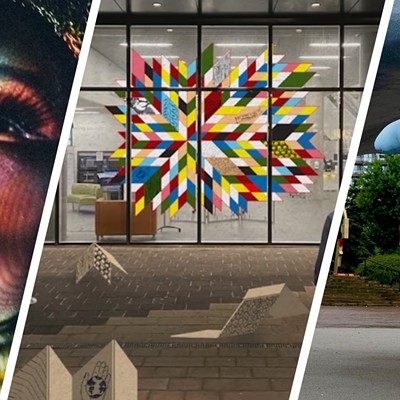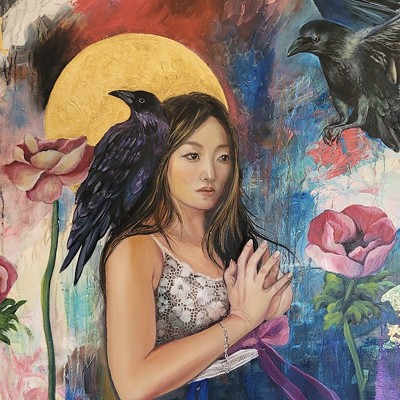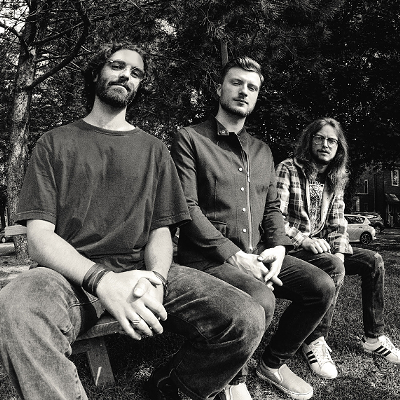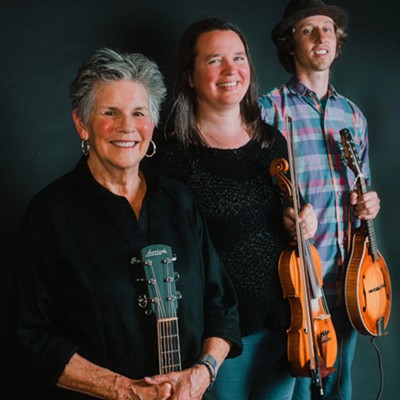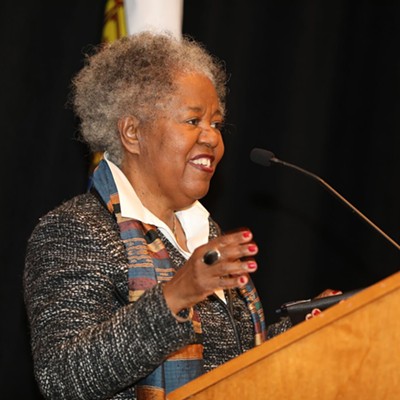The National Day for Truth and Reconciliation became a federal holiday in the summer, when it was passed into law by parliament. Getting officially recognized a few months after the decision to mark Emancipation Day on August 1 of each year, Truth and Reconciliation Day is Canada’s newest holiday, and will be held annually on September 30 starting in 2021.
That September 30 date is also Orange Shirt Day, so named in honour of Indian Residential School survivor Phyllis Webstad, whose traumatic first day at school was marked when her “shiny new orange shirt, bought by her grandmother, was taken from her as a six-year-old girl.” For September 30, the federal government is encouraging “all Canadians to wear orange to raise awareness of the very tragic legacy of residential schools, and to honour the thousands of Survivors.”
Truth and Reconciliation Day is a federal holiday, meaning federal employees have the day off and government offices will be closed. That’s different from a statutory holiday, where, in addition to the government shutting down, all businesses are required to give their employees a day off with pay, or another day off in lieu if they do have to work the stat holiday. There are only five stats federally: Christmas Day, New Year’s Day, Good Friday, Easter Monday and Canada Day.
Provinces and businesses are allowed to get in on the action for federal holidays. In early September, the Nova Scotia government announced it will recognize Truth and Reconciliation Day. "We are taking this step to recognize the importance of honouring First Nations, Inuit and Métis residential school survivors and their families and communities," premier Tim Houston said in a press release. "We encourage all Nova Scotians, whether you are working or in school, to make time on September 30 for important discussions about Canada's history of residential schools."
Some holidays are specific to Nova Scotia, like the provincial stat holidays of Heritage Day in February and November 11’s Remembrance Day, the latter of which is unofficial in Manitoba, Ontario and Quebec. We don’t observe Thanksgiving as a statutory holiday, but most people do have it off. The same goes for Natal Day in August.
Since the first announcement of Truth and Reconciliation Day, various other provincial governments, school boards and employers have announced they will mark the day as well. Even the CRA has added it to its list of holidays.
In Nova Scotia, on top of the Progressive Conservative government’s announcement, the provincial court system has announced it will mark a holiday and reschedule all matters from that day. All public schools and regulated child care centres in Nova Scotia will be closed on September 30 as well.
In an ironic move, Mic Mac Mall in Dartmouth has reduced hours on September 30. But the new owner of the mall, Rank Inc. and Halifax-based developer Joseph Ramia, has not responded to requests for comment about whether the mall, whose moniker is a bastardization of the name of the Mi’kmaq people, will be renamed.
Across the rest of the country, provinces including Manitoba and cities including Moncton have similarly made announcements. But provinces like BC, Ontario and Saskatchewan have yet to announce the holiday provincially, leaving it up to cities to make the decisions.
In Nova Scotia, the Millbrook First Nation Culture & Heritage Centre will be open for people to learn about Indigenous and Mi’kmaq history. You can also plan a visit to Kejimkjujik National Park for some time in nature, or the Art Gallery of Nova Scotia to check out the various exhibits from Indigenous artists. And The Coast has a guide to TRD events happening in Kjipuktuk/Halifax.
Those who have the day off can also spend time reading the Calls to Action or the summary of the 2015 Truth and Reconciliation report.

